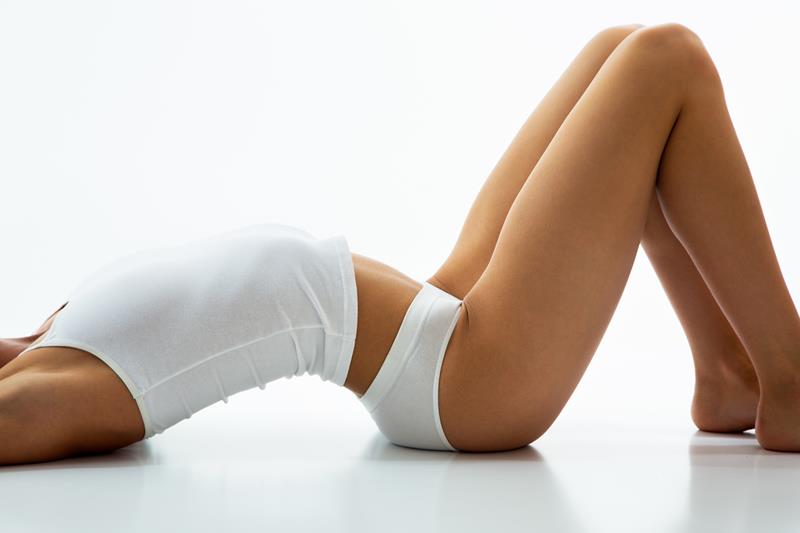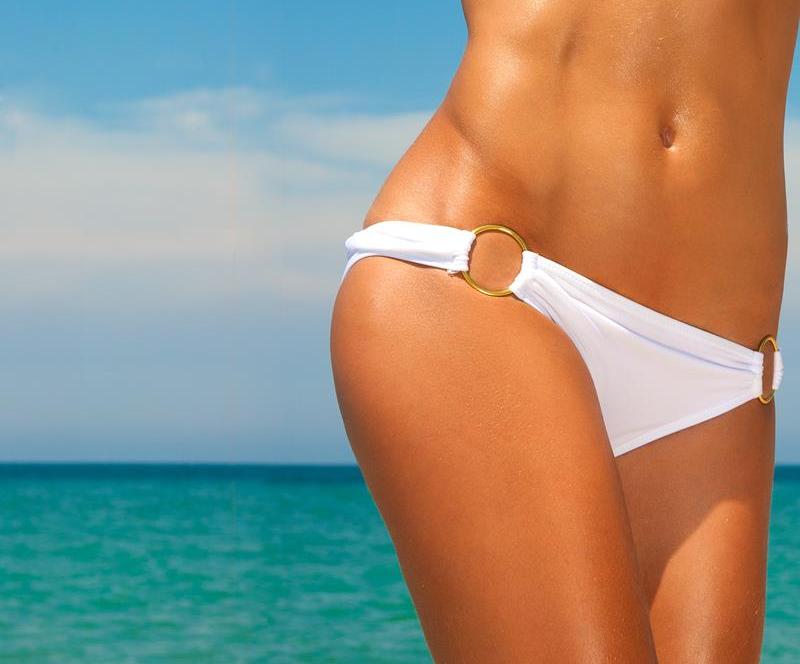Now that summer is here, you have no choice but to take better precautions with your skin. Not only do you want your skin to look great in a bathing suit, at the beach, or while on vacation, but also you don’t want to fall victim to a painful sunburn. Having a few tricks for sunburn treatment in your back pocket can make all the difference.
While many people agree that they prefer to look tan, no one likes to be burned. Burned skin is uncomfortable, and embarrassing and comes with a host of side effects like peeling, itching, and even flu-like symptoms.
Important facts about sunburn
Here are four interesting things to know about sunburns.
1. In some cases, sunburn is not immediately apparent. Redness starts to show up around 3-5 hours after being in the sun and peaks 12-24 hours after sun exposure. It usually subsides after 72 hours.
2. People with lighter skin are more at risk of getting sunburned. This is because they have less melanin in their skin. As a matter of fact, some people can develop a sunburn within 15 minutes of being in the sun.
3. Despite all the steroid creams on the market that are thought to help treat pain from sunburn, studies show they are not effective. NSAIDs can help with the pain, but they work best if you start using them within the first 24 hours of the burn.
4. Statistically speaking, a person has more than double the risk of developing skin cancer if they’ve had five or more sunburns in their lifetime. Please make sure you use sunscreen, and you use it properly. Sunscreens lose their effectiveness after one year. They should be applied 30 minutes before going outdoors and reapplied every two hours. If you’re concerned about an allergic reaction to sunscreen, try it on your wrist first.
Treatment options for sunburn
There are a few options for treating uncomfortable sunburn.
- Use a moisturizer that contains aloe vera. If a particular area feels uncomfortable, you may want to apply a hydrocortisone cream. Do not treat sunburn with “-caine” products (such as benzocaine), as these may irritate the skin or cause an allergic reaction.
- Consider taking aspirin or ibuprofen to help reduce any swelling, redness, and discomfort.
- If your skin blisters, allow the blisters to heal. If you have blisters as a result of sunburn, it means you have a second-degree sunburn. Do not pop or pick at the blisters, as blisters form to help your skin heal and protect you from infection.
- Take frequent cool baths or showers to help relieve the pain. As soon as you get out of the bathtub or shower, leave a little water on your skin. Then, apply a moisturizer to help trap the water into your skin. This can help ease the dryness.
- Drink extra water. A sunburn draws fluid to the skin’s surface and away from the rest of the body. Drinking extra water when you are sunburned helps prevent dehydration.
- Take extra care to protect sunburned skin while it heals. Wear clothing that covers your skin when outdoors. Tightly-woven fabrics work best. When you hold the fabric up to bright light, you shouldn’t see any light coming through
Take care of your skin this summer. Sunburns are nothing to take lightly. A bad sunburn can create long-term effects later in life.
Skincare in the Summer: Learn more from Dr. Berlet
Regular skin care is the most important part of maintaining youthful, healthy skin. By consulting a medical professional, you should learn everything you need to know about how to best care for your skin. Your doctor should be able to answer any lingering questions you may have and give you tips about taking care of your skin. Your doctor should put your mind at ease. Dr. Anthony Berlet has been serving patients in the northern NJ and New York City areas for over 20 years. To learn more about how we can help you, contact us!



